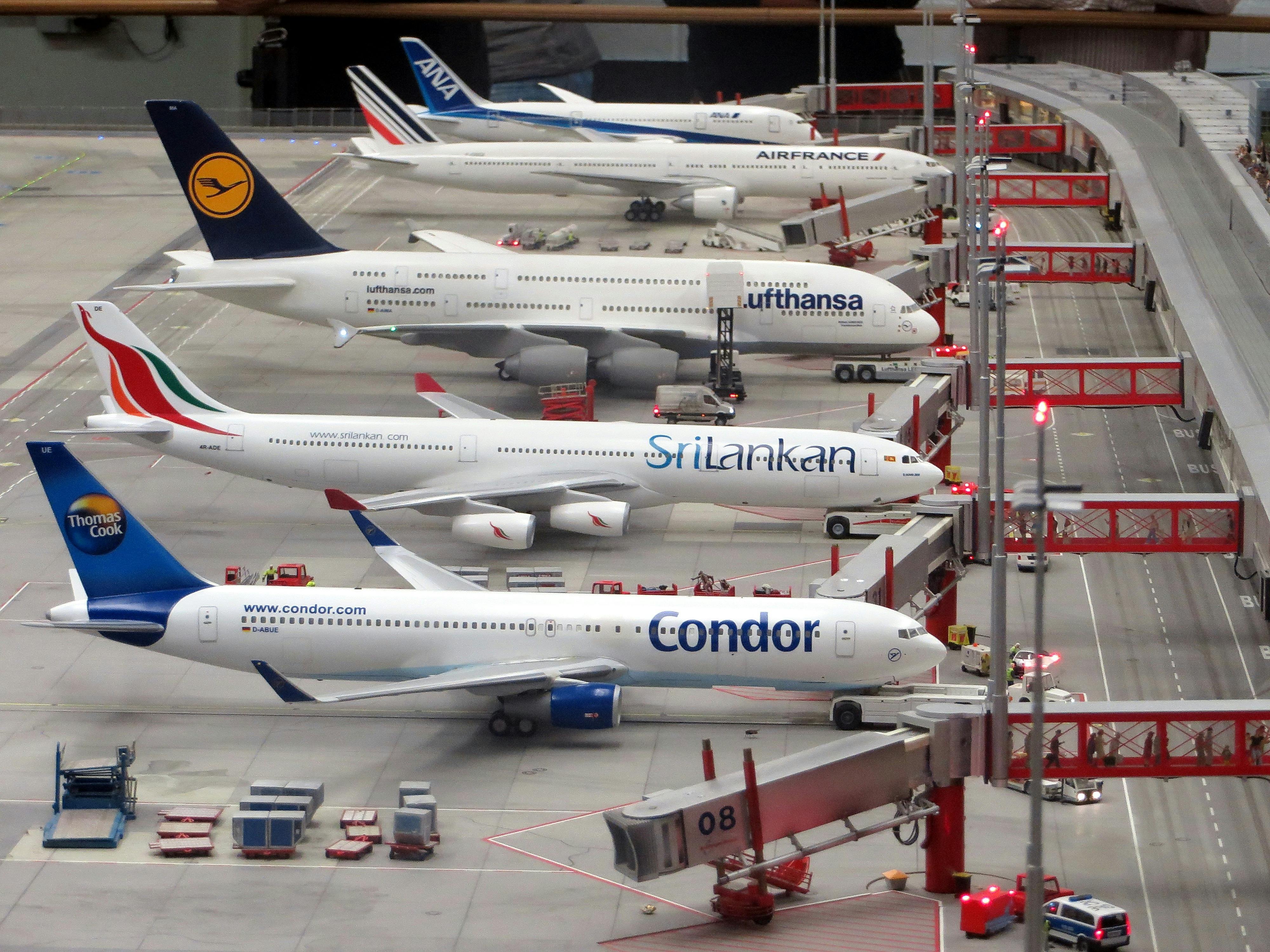

Author: GAURANG GARVIT
Published on-
02 November 2024
Electric Aviation: Could Electric Planes Become the Norm?
Electric Aviation: Could Electric Planes Become the Norm?
ELECTRIC AVIATION:
Electric aviation is transforming the skies, leveraging electric propulsion to reduce emissions, noise, and operating costs. Over the past two decades, advances in battery technology and electric powertrains have made electric aviation feasible, sparking interest in sustainable air travel. The industry is evolving rapidly, with major players like Airbus and startups such as Joby Aviation developing electric aircraft for short-haul and urban transport. This sector is projected to reach $27.7 billion by 2030, driven by the need for greener alternatives in aviation and growing urban air mobility initiatives. Electric aviation promises a new era of quieter, cleaner, and cost-effective travel, aligning with global sustainability goals.
"The Wright brothers flew through the smoke of others' dreams—today, electric aviation turns that dream green."
ELECTRIC PLANES:
Electric planes are a crucial element in the future of zero-emission travel, with prototypes and test flights paving the way for commercial electric aviation. Originally limited by battery weight and capacity, electric planes have made great strides, particularly in short-range and commuter aircraft. The focus has shifted from concept to practical application, with industries investing in routes under 500 miles, ideal for electric aircraft. As of now, the market for electric planes is poised to grow with increasing support from governments and environmental advocates, aiming to reduce aviation’s 2-3% contribution to global carbon emissions.
"Electric planes are not just the future; they are the present, proving that the sky is no limit when it comes to sustainable innovation."
Electric planes are shaping the future of sustainable aviation by significantly reducing the carbon footprint associated with air travel. Here’s a breakdown of how they contribute to environmental sustainability from three essential perspectives: economical, technological, and policy impacts.
1. Economic Impact:
Electric planes offer a major cost advantage over conventional aircraft by reducing fuel dependency, which typically accounts for 20-40% of airline operating costs. As fuel prices fluctuate and sometimes spike, this unpredictability strains airlines, often leading to higher ticket prices and operational challenges. Electric planes, on the other hand, leverage electricity, a more stable and increasingly renewable energy source. This switch could reduce operating costs by up to 50% over time, making air travel not only more eco-friendly but also potentially more affordable. Electric propulsion systems are simpler and require less maintenance than jet engines, which translates to lower upkeep expenses. Economically, this shift could benefit airlines and passengers alike, driving down ticket prices while helping the industry achieve sustainability goals.
2. Technological Impact:
The advances in battery technology and electric propulsion systems are at the heart of the electric aviation revolution. Electric planes rely on high-density lithium-ion batteries, and ongoing research aims to make these batteries lighter and longer-lasting to extend flight ranges. Battery-powered propulsion produces zero in-flight emissions, unlike traditional jet engines that emit substantial amounts of CO₂ and nitrogen oxides. Innovations in lightweight materials and electric power management are key enablers, helping electric planes achieve efficient energy usage with a far smaller environmental impact. These technological strides are not only advancing the aviation sector but also setting benchmarks in other fields reliant on battery technology, such as electric vehicles and renewable energy storage. As technology progresses, electric planes could soon manage longer, regional flights, bringing their benefits to broader air travel markets.
3. Policy Impacts:
Governments and regulatory bodies worldwide recognize the urgent need to reduce carbon emissions in aviation, prompting them to introduce policies that support electric aviation. International agreements, like the European Union’s “Fit for 55” plan, target a 55% reduction in emissions by 2030, spurring investments in electric aircraft. Additionally, incentives like tax benefits, grants for research, and subsidies for electric planes help make these solutions financially feasible for airlines. Regulations also drive innovation, with mandates for sustainable fuel adoption and carbon reduction goals motivating airlines to invest in cleaner technologies. Policy support accelerates development, encouraging airlines to adopt electric planes as they work towards complying with emissions standards, fostering a competitive and greener aviation industry.
Electric planes thus bring about a substantial reduction in the aviation industry's carbon footprint by merging economic viability, technological innovation, and supportive policies, all moving towards a cleaner, sustainable future in air travel.
SeekFactory’s expertise in end-to-end manufacturing and supply chain optimization positions it as a catalyst in advancing electric aviation. By streamlining the sourcing and production of specialized components, from high-capacity batteries to electric propulsion systems, SeekFactory accelerates development cycles and reduces costs. Its rapid prototyping capabilities support R&D efforts, enabling quicker innovation in battery technology and lightweight materials essential for electric aircraft. With robust traceability in its supply chain, SeekFactory ensures regulatory compliance and sustainable practices, meeting the industry's growing demands for transparency. Furthermore, SeekFactory's scalable production model aids urban air mobility initiatives, allowing electric aircraft to transition seamlessly from prototypes to widespread, commercial-ready solutions. By fostering collaborations across stakeholders, SeekFactory creates an integrated ecosystem, helping to overcome production challenges and driving a more accessible, eco-friendly future in aviation.
Contact Seekfactory
To learn more about how Seekfactory can enhance your supply chain resilience in the Transport sector, please reach out:
- Phone: +86 15257533672
- Email: info@seekfactory.com
We look forward to helping you strengthen your supply chain and achieve your business goals!

